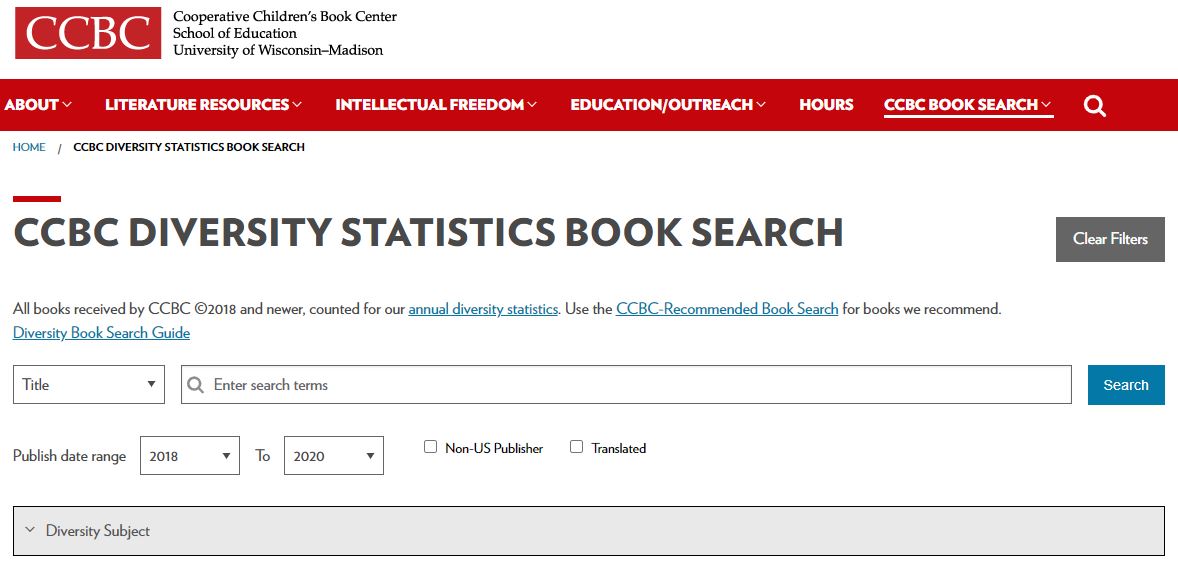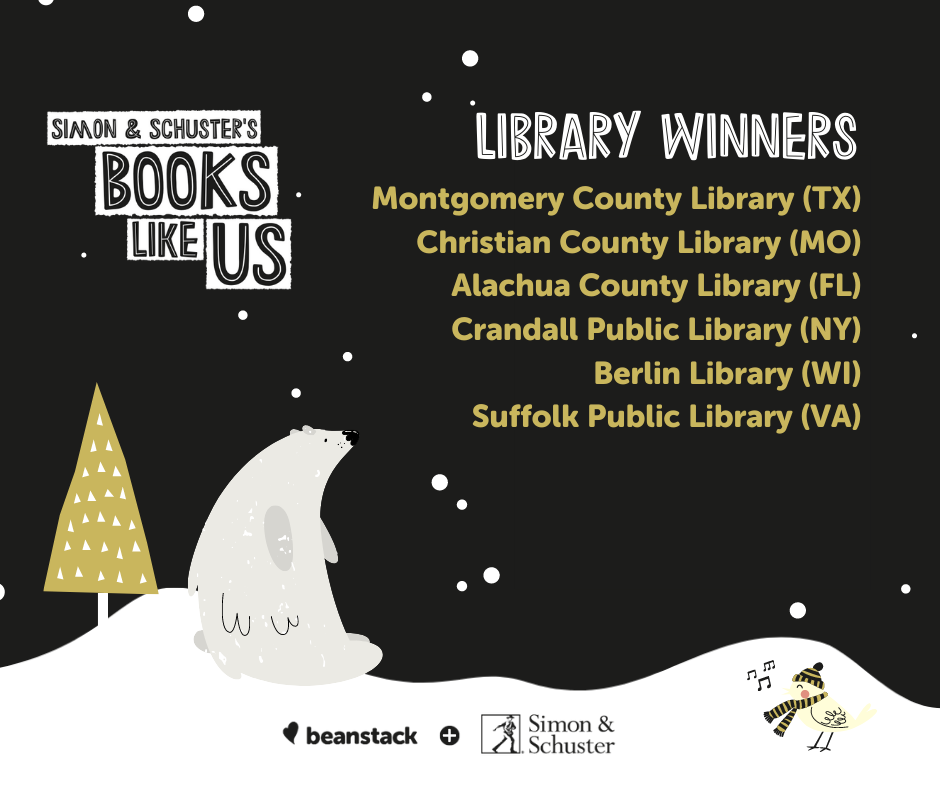Guest post by Leslie Mehle, Superior Public Library
The organizers of the Lake Superior Libraries Symposium (LSLS) invite breakout session proposals for its ninth conference, which will be held virtually on June 11, 2021. There will be no registration cost for this year’s conference.
This year’s theme, Mapping Our Identity, invites attendees to explore the varied identities of libraries and library workers and how those identities shift in response to external events, personal development, changes in communities, and more. At LSLS21, attendees will ask, and hopefully start to answer, the questions of “Who are we?,” “Who do we want to become?,” and “How are we getting there?”
Possibilities for presentation topics include:
Redefining Boundaries
How have we, as individuals or organizations, broken barriers to create a new sense of who we are? How do we balance our work with our personal lives, especially as many of us now work from home? What do we do - and just as importantly, what don’t we do - to reinvigorate and advance our missions?
Expanding Our Reach
What partnerships have we been involved in, and how have they changed how we position ourselves? How have we reached out in response to recent national and global crises? What types of programming, marketing campaigns, tools, or services have we implemented to reach farther than we used to?
Defining Ourselves
How do our personal identities intertwine with the identity of being a library worker? What happens when we shift jobs or professions partway through our careers? How does learning about our past influence who we are and who we’re becoming?
Protecting Our Identity
How do we ensure the security of the data we collect, the information and resources we steward, and the systems we use? How do we help our patrons protect their identities? How do we show that we value and advocate for the diverse identities of our communities, despite continued marginalization of and violence against some groups?
Perceiving Libraries
How are libraries perceived, by library workers and by our communities? What do we find helpful about how library workers are perceived, and what might we like to change? How do we capitalize on the positive perceptions or address what’s misunderstood?
Successful breakout session presentations will be applicable to many types of libraries and showcase effective and innovative practices. 60-minute breakout sessions should include 10-15 minutes of question and answer. Panel presentations, particularly those representing a diversity of library types, sizes, and/or locations, are strongly encouraged. LSLS 2021 will be held virtually. The steering committee will provide more information about the virtual format to breakout session presenters upon notice of their presentation's acceptance.
Breakout session presenters should submit proposals at z.umn.edu/proposals. All proposals should be submitted by March 14th. Presenters will be notified of acceptance in April.
LSLS allows library staff to share their expertise, learn from their colleagues, and network to develop a stronger community of information professionals. Staff from all types of libraries are encouraged to attend. The event is organized and supported by library staff and educators from Minnesota and Wisconsin; for a full list of our supporters, see http://lakesuperiorlibrariessymposium.com/about/supporters/.
For questions about proposals and submissions, please contact Lisa Wheeler at ljwheele@d.umn.edu. A complete listing of speakers and agenda will be released in April.
 The CCBC recommends a wide range of books for children and teens from birth through high-school age, most of which have been selected for various editions of their annual best-of-the-year list, CCBC Choices. Explore books they have recommended using resources such as:
The CCBC recommends a wide range of books for children and teens from birth through high-school age, most of which have been selected for various editions of their annual best-of-the-year list, CCBC Choices. Explore books they have recommended using resources such as:  Zoobean, parent company of Beanstack, the state’s online reading challenge platform, recently selected Berlin Public Library as one of the national #WinterRead 2021 winners. For the fourth year in a row, Beanstack offered their Annual Winter Reading Challenge. Simon & Schuster’s Books Like Us program sponsored the challenge, which supports public libraries and school systems throughout the United States. Berlin Public Library was selected as one of the winners, and will receive a set of 50 "books like us" from Simon & Schuster as well as a virtual author visit from one of the eight authors listed on
Zoobean, parent company of Beanstack, the state’s online reading challenge platform, recently selected Berlin Public Library as one of the national #WinterRead 2021 winners. For the fourth year in a row, Beanstack offered their Annual Winter Reading Challenge. Simon & Schuster’s Books Like Us program sponsored the challenge, which supports public libraries and school systems throughout the United States. Berlin Public Library was selected as one of the winners, and will receive a set of 50 "books like us" from Simon & Schuster as well as a virtual author visit from one of the eight authors listed on